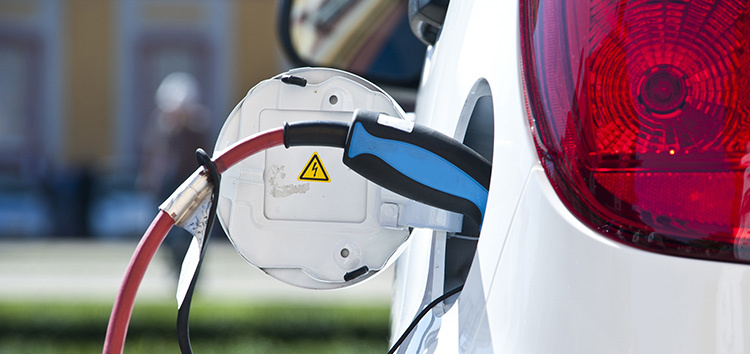Poland is set to improve further its standing in the battery landscape that is progressively evolving across mainland Europe. Backed by a €135 million loan from the European Bank for Reconstruction and Development, as well as German development bank KfW IPEX-Bank, technology company Johnson Matthey will open a plant for its cathode material eLNO.
The European bank will provide €90 million to the loan facility, and the German counterpart will chip in €45 million. The site will be located in the central Polish town of Konin, which hosts substantial lignite mining activities. With the EU making strides towards shutting down such mines, the bloc has previously announced that it will make available money through various institutions to help such regions transition into new means of income.
“Construction of the new plant in Konin is a significant milestone in the commercialization of our eLNO battery cathode materials,” said Christian Günther, chief executive for battery materials at Johnson Matthey. “Supported by this funding, we plan to have eLNO in production on auto platforms by 2024, enabling the shift to electric vehicles and a cleaner, healthier world for us all.”
The Johnson Matthey plant is set to produce 10,000 tonnes of its trademark-protected eLNO cathode material annually. Such a quantity would suffice for the production of 100,000 battery electric vehicles. With additional investment, the capacity of the plant could ramp up tenfold according to the EBRD release. Construction work began this year and the plant is set to begin commercial production in 2022.
Cathode material production is highly energy-intensive and accounts for large parts of the footprint in battery manufacturing. Johnson Matthey says that its eLNO production in Poland will adopt much higher energy efficiency standards and be powered from renewables.
Popular content
“We are very pleased to finance this landmark project, which marks a big step forward in making electric cars not only an environmentally friendly, but also an increasingly competitive and attractive, alternative to traditional vehicles,” comments Grzegorz Zieliński, EBRD regional director central Europe and head of Poland. “We also welcome the creation of new jobs and expect further positive impact from the know-how transfer associated with this important investment.”
According to company information, the eLNO is a new type of cathode material developed to improve EV driving ranges and battery life. The high nickel cathode was dubbed a step-change in terms of cost per kWh/cycle compared to other materials. Allegedly, the relative cost of material per kWh per cycle to the end of useful life is about one-third lower for eLNO than for NMC 622, 811 or NCA cathodes. The company claims analysis to that effect had been performed by Qinetiq, a third-party validation company, in 2018. The plant in Konin will be the first globally to produce the material.
Johnson Matthey is not the first battery materials company setting a foot in Poland. Sweden-based battery manufacturer Northvolt has been operating a battery assembly factory in Gdańsk since spring 2019. The Northvolt Battery Systems Jeden site hosts production capacities for up to 10,000 battery modules per year. Additionally the site also functions as an R&D platform for industrializing battery solutions.
This content is protected by copyright and may not be reused. If you want to cooperate with us and would like to reuse some of our content, please contact: editors@pv-magazine.com.



By submitting this form you agree to pv magazine using your data for the purposes of publishing your comment.
Your personal data will only be disclosed or otherwise transmitted to third parties for the purposes of spam filtering or if this is necessary for technical maintenance of the website. Any other transfer to third parties will not take place unless this is justified on the basis of applicable data protection regulations or if pv magazine is legally obliged to do so.
You may revoke this consent at any time with effect for the future, in which case your personal data will be deleted immediately. Otherwise, your data will be deleted if pv magazine has processed your request or the purpose of data storage is fulfilled.
Further information on data privacy can be found in our Data Protection Policy.